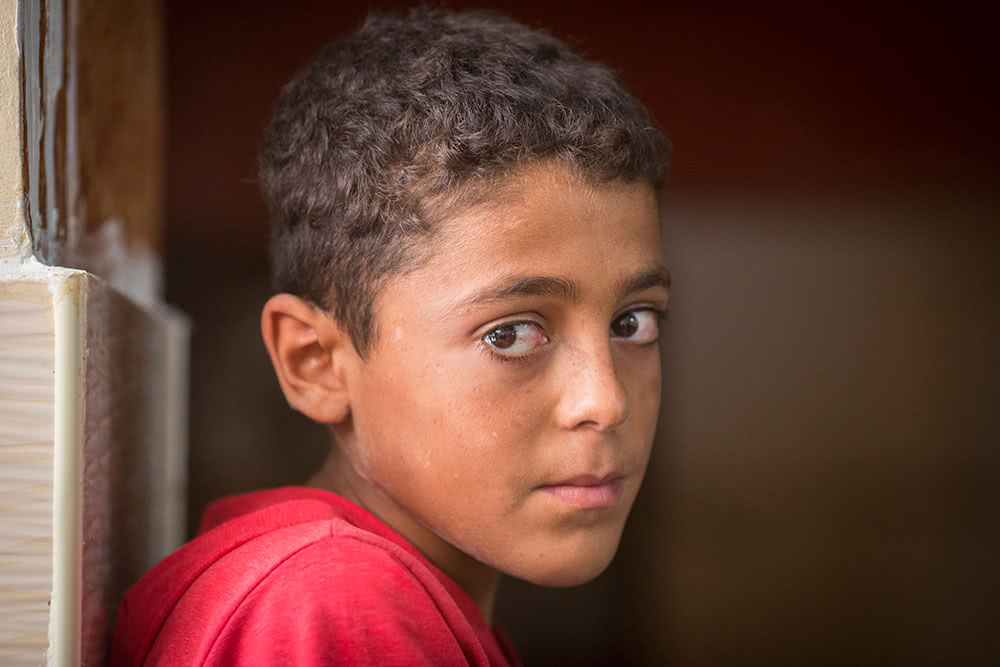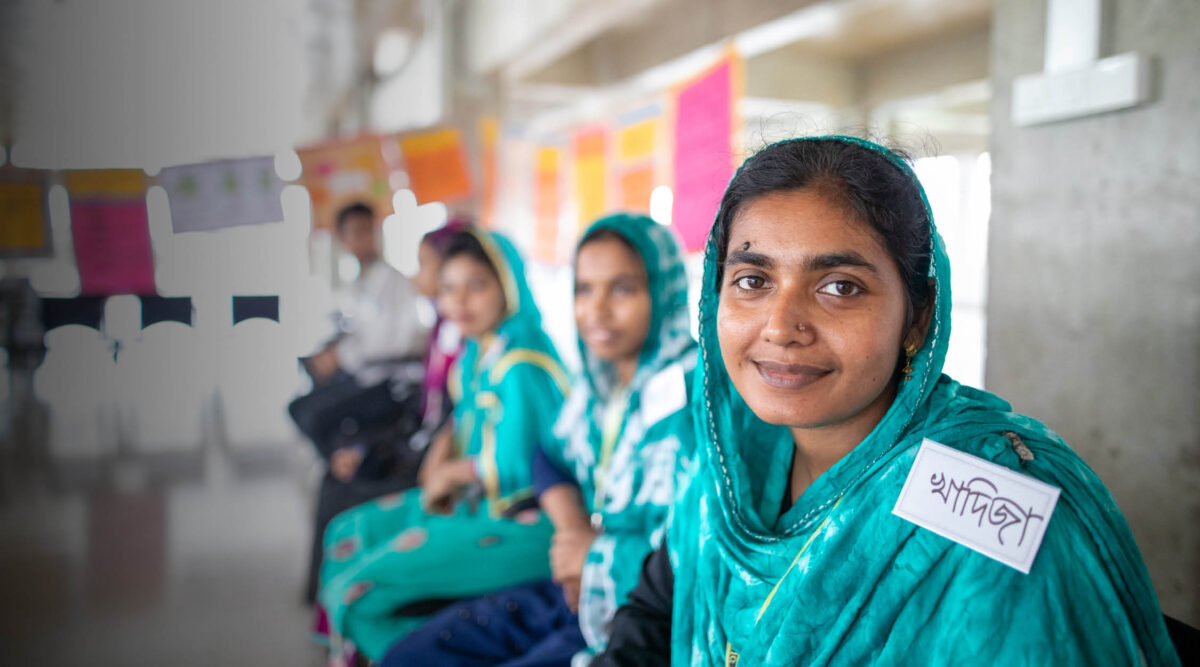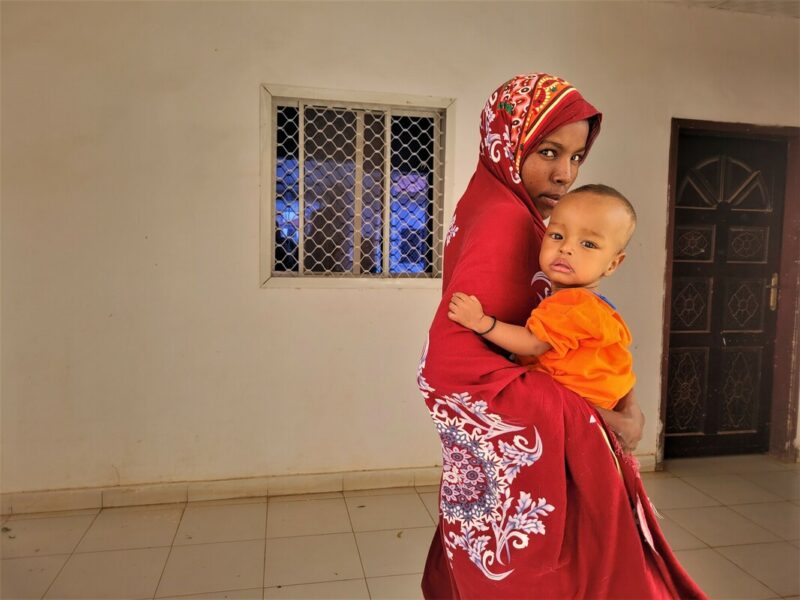The current humanitarian crisis is the worst Gaza has seen since 2014. Donate now.
The current humanitarian crisis is the worst Gaza has seen since 2014. Donate now.
Intensive bombardment has displaced over 1.9 million Palestinians in Gaza, most of whom are now forced to live in camps, with little to no access to medical care, water or food.
Starvation is imminent. Disease is rife. Thousands of innocent lives including children are in immediate life threatening danger.
The current escalation of violence only compounds the ongoing humanitarian crisis.
CARE is appalled by the recent horrific violence that has engulfed Israel and Gaza, leading to hundreds of civilians killed and thousands injured, with a toll that keeps mounting.
Civilians always pay the highest price during conflict, with women, children, and the elderly the most vulnerable. Protecting civilians must now be the top priority for all parties involved.
CARE stands ready to respond to humanitarian needs and is currently preparing an urgent medical intervention, including in response to the specific needs of women and girls.
CARE has worked in Palestine and Israel since 1948 to provide humanitarian relief and promote values of social justice and gender equality.
Read our most recent media release: CARE International condemns horrific violence in Israel and Gaza
Fast Facts
Occupied Palestinian Territories
Humanitarian Needs Overview (Jan. 2023)
Total population: 5.5M
People in need: Gaza 1.3M, West Bank 0.8M
Severity of Needs: Severe (24%), Extreme (13%, 0.7M), Catastrophic (1%, 65K). Among the 2.1 million severely and extremely impacted by the crisis, 64 percent in Gaza and 36% in the West bank.
Escalation in the Gaza Strip and Israel (as of 9 October 2023)
Palestinian casualties: Gaza – 687 fatalities, 3800 injuries. West Bank – 17 fatalities, 295 injuries.
Israeli casualties: 900 fatalities, 2616 injuries.
Internally displaced people by governorate located in UNRWA schools/shelters: 137,427
Internally displaced people: 187,612
Source: UN Office for the Coordination of Humanitarian Affairs (OCHA)
https://www.unocha.org/attachments/ec7a08d8-39ec-473e-9d70-c22ee539aa57/HNO_2023.pdf
https://www.ochaopt.org/content/escalation-gaza-strip-and-israel-flash-update-3
Donate now
Support our ongoing work to create a more equal world.
Your donation can help end extreme poverty and give people the means to build a better future for themselves in places like the Palestinian Territories.
For those living in extreme poverty, your support brings education and training, healthcare and clean water, nutritious food, and new ways to earn an income. And in times of crisis, you help us deliver emergency relief. Please donate today.

Improving lives through agriculture
In the West Bank and Gaza, agriculture plays a vital role in people’s lives. We’re supporting poor households by training farmers in ways to improve farming practices, helping them to adopt new technologies and crop varieties so that food is available, year-round.
Our SOUQONA program, which in Arabic means ‘Our Market’, is helping local farmers by providing tools and knowledge so that they can produce food more efficiently and sell their produce for livable incomes. Efforts like these are also helping strengthen women’s roles in society, as we assist local women to grow their businesses in agriculture, providing them with training in farming best practices.
Lessons and Impact
We analyse and evaluate our projects to monitor results and learn how we can improve programs.
CARE evaluation reports from the Palestinian Territories and other countries are available at CARE’s Electronic Evaluation Library.
The on-going work we do in Palestine (West Bank/Gaza) is in partnership with these local organisations: Applied research Institute- Jerusalem ARIJ and International Center for Agricultural Research in the Dry Areas – ICARDA.


